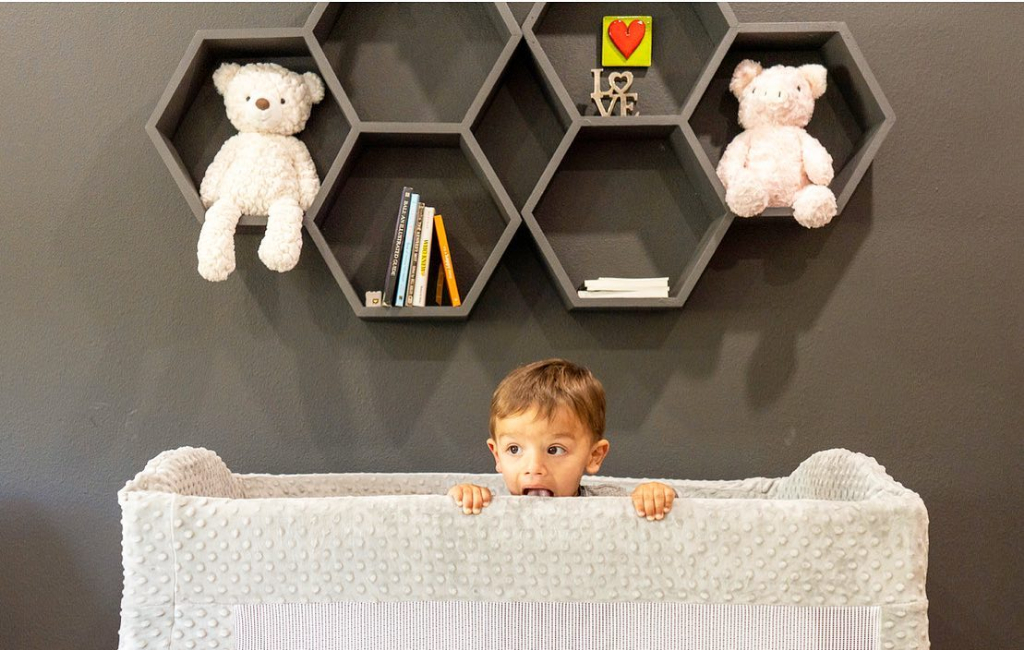Coffee Brand Gifts

NO DEAL
EPISODE SUMMARY
🕓 Air Date: August 30, 2009
Asking For:
$300,000 for 40%
Investor:
No Deal
Deal:
No Deal
PRODUCT SUMMARY
Coffee Brand Gifts offers novelty coffee-themed products, including plush toys and game boards featuring trademarked coffee terms.
WATCH HERE
IN A RUSH?
Click these to jump to the section you want to read.
Background Story
Coffee Brand Gifts, headquartered in the United States, was founded by Dan Claffey, an entrepreneur with a vision to tap into the lucrative coffee market with novelty products. Claffey’s journey began in 1999 when he attended a coffee trade show, Coffee Fest, where he noticed a glaring gap in the market—only 2% of the 500 companies showcased coffee-themed novelties and gifts. This observation sparked an idea in Claffey’s mind. With a background in sales and marketing, Claffey possessed the entrepreneurial drive to seize this untapped opportunity.
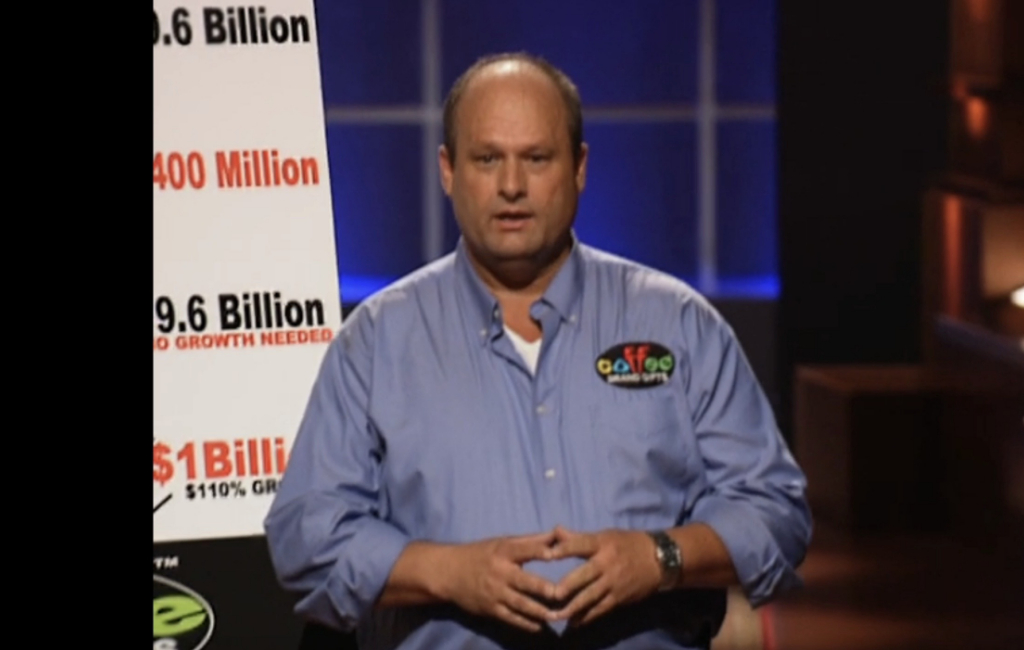
He recognized the potential to create a niche market for coffee-themed products and embarked on a journey to turn his vision into reality. Claffey’s entrepreneurial spirit led him to take proactive steps, including seeking legal protection by trademarking popular coffee terms like cappuccino, espresso, and mocha for use in novelty items such as plush toys and game boards. Driven by his passion for innovation and a keen eye for market trends, Claffey leveraged his experience and expertise to develop a range of unique coffee-themed products.

His decision to trademark coffee brand names on plush toys and game boards set his company apart from competitors, positioning Coffee Brand Gifts as a pioneer in the industry. Despite facing challenges and skepticism from potential investors, Claffey remained steadfast in his belief in the market potential of Coffee Brand Gifts. His dedication to his vision and relentless pursuit of success propelled him to pitch his innovative business concept on Shark Tank, showcasing his determination to bring his coffee-themed novelty products to the masses.
The Product
Coffee Brand Gifts offers a diverse range of novelty products centered around coffee culture. From plush toys to game boards, each item is adorned with trademarked coffee terms like cappuccino, espresso, and mocha, adding a fun and whimsical touch to coffee enthusiasts’ lives.
The plush toys feature adorable designs, incorporating iconic coffee-related imagery such as coffee cups, beans, and barista accessories. These plush toys serve as charming decorations for coffee shops, offices, or homes, adding a touch of personality to any space.
Additionally, Coffee Brand Gifts offers game boards that provide entertainment for coffee lovers of all ages. These games incorporate coffee-themed elements, offering a unique twist on traditional board games and providing hours of enjoyment for players.
Customers can purchase Coffee Brand Gifts products online through the company’s website or through select retailers. The pricing varies depending on the specific product and design, with options available to suit different budgets and preferences.
Coffee Brand Gifts’ products not only serve as delightful decorations and entertainment but also make for thoughtful gifts for coffee aficionados. Whether purchased for oneself or as a present for a loved one, these novelty items celebrate the love of coffee in a fun and playful way, enriching the coffee experience for consumers worldwide.
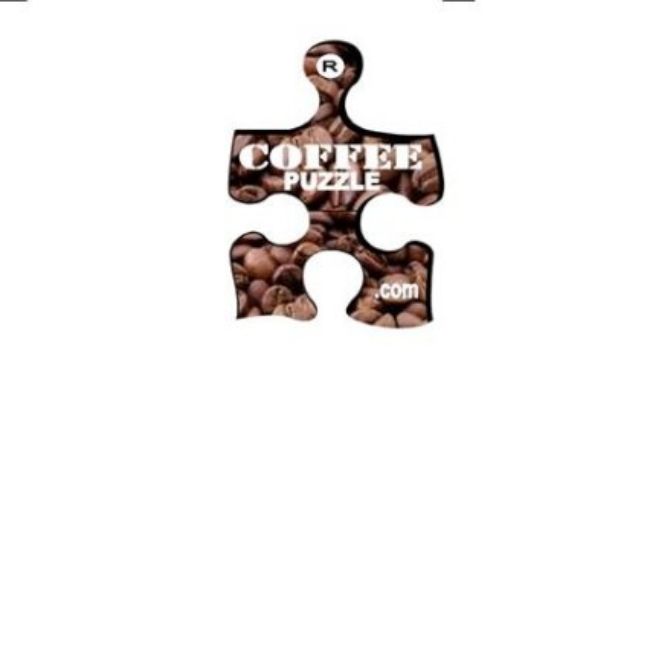
How It Went
The company’s position before Shark Tank
Coffee Brand Gifts faces challenges in translating its innovative concept into tangible sales and profitability. Despite obtaining patents for its coffee-themed novelty products and conducting extensive market research, the company has yet to secure purchase orders or generate revenue. This lack of sales has raised concerns among potential investors about the viability of the business model and its ability to deliver returns on investment. Currently, Coffee Brand Gifts does not have any established partnerships or wholesalers. The company’s target customers include coffee enthusiasts, gift shoppers, and retailers interested in stocking novelty items.

However, without concrete sales or distribution channels in place, reaching these customers remains a significant hurdle for the company. In terms of funding, Coffee Brand Gifts relies primarily on personal investment from founder Dan Claffey, who has invested approximately $400,000 to $500,000 into the business. This self-funding approach has allowed the company to develop its products and secure patents but has not translated into revenue-generating activities. With no profits to date and limited available capital, Coffee Brand Gifts faces uncertainty regarding its future financial health and sustainability.
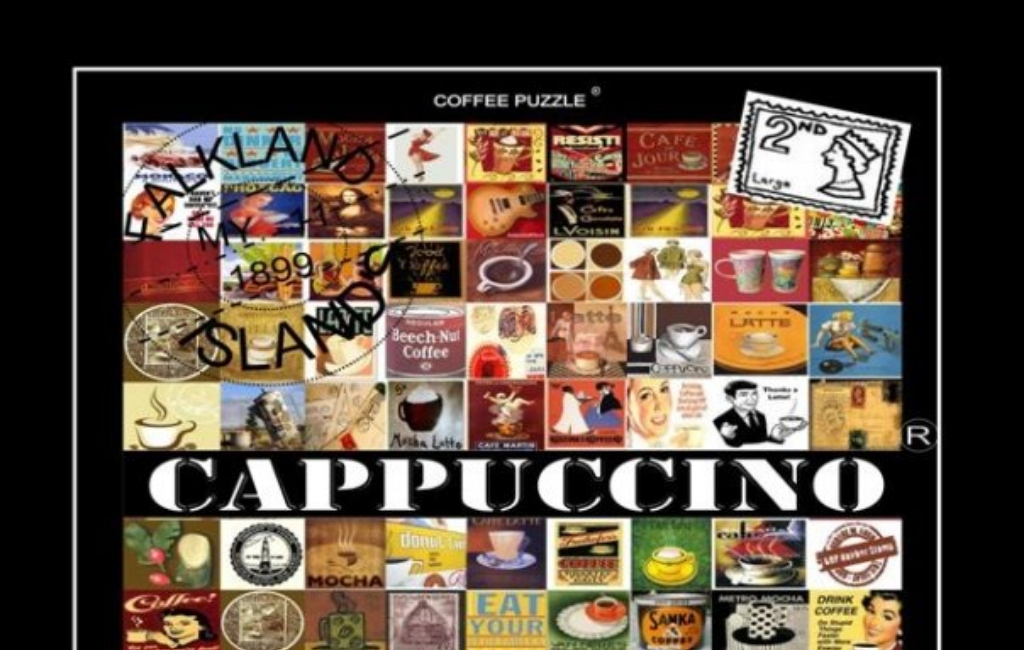
The company’s current structure likely revolves around a small team led by Claffey, with a focus on product development and sales strategies. Moving forward, Coffee Brand Gifts must address its lack of sales and establish partnerships with wholesalers and retailers to expand its distribution network. Securing purchase orders and generating revenue will be crucial milestones for the company to demonstrate its market viability and attract potential investors. Additionally, exploring alternative funding sources such as angel investors or crowdfunding may provide the necessary capital to support growth and accelerate market penetration.
The Negotiations:
During the negotiations on Shark Tank, founder Dan Claffey sought a $300,000 investment for a 40% equity stake in Coffee Brand Gifts. However, the sharks expressed skepticism due to the lack of concrete sales and purchase orders for the company’s novelty products. Despite Claffey’s assurances of market potential and commitments from potential buyers, the sharks remained unconvinced. Kevin O’Leary raised concerns about the backward approach of seeking investment before securing orders, emphasizing the importance of demonstrating market demand and generating sales.
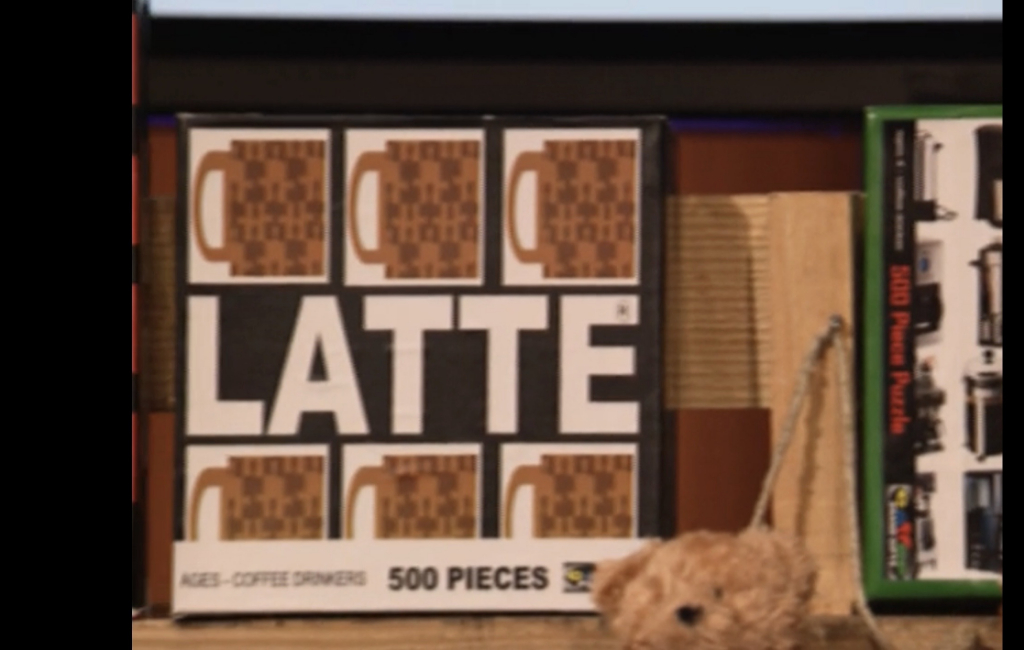
As the negotiations progressed, Claffey’s insistence on obtaining funding before pursuing sales strategies clashed with the sharks’ expectations for a proven business model. Ultimately, all the sharks decided to pass on investing in Coffee Brand Gifts. They cited the absence of sales, reliance on potential commitments, and concerns about the company’s viability as key factors in their decision.

While Claffey expressed frustration and disappointment with the outcome, he remained determined to prove his critics wrong and pursue his vision for the company’s success. The negotiations highlighted the importance of a solid business model, demonstrated sales traction, and strategic planning in securing investor interest. Without tangible sales or a clear path to profitability, Coffee Brand Gifts struggled to garner investment confidence, underscoring the challenges faced by early-stage startups in gaining traction in competitive markets.







